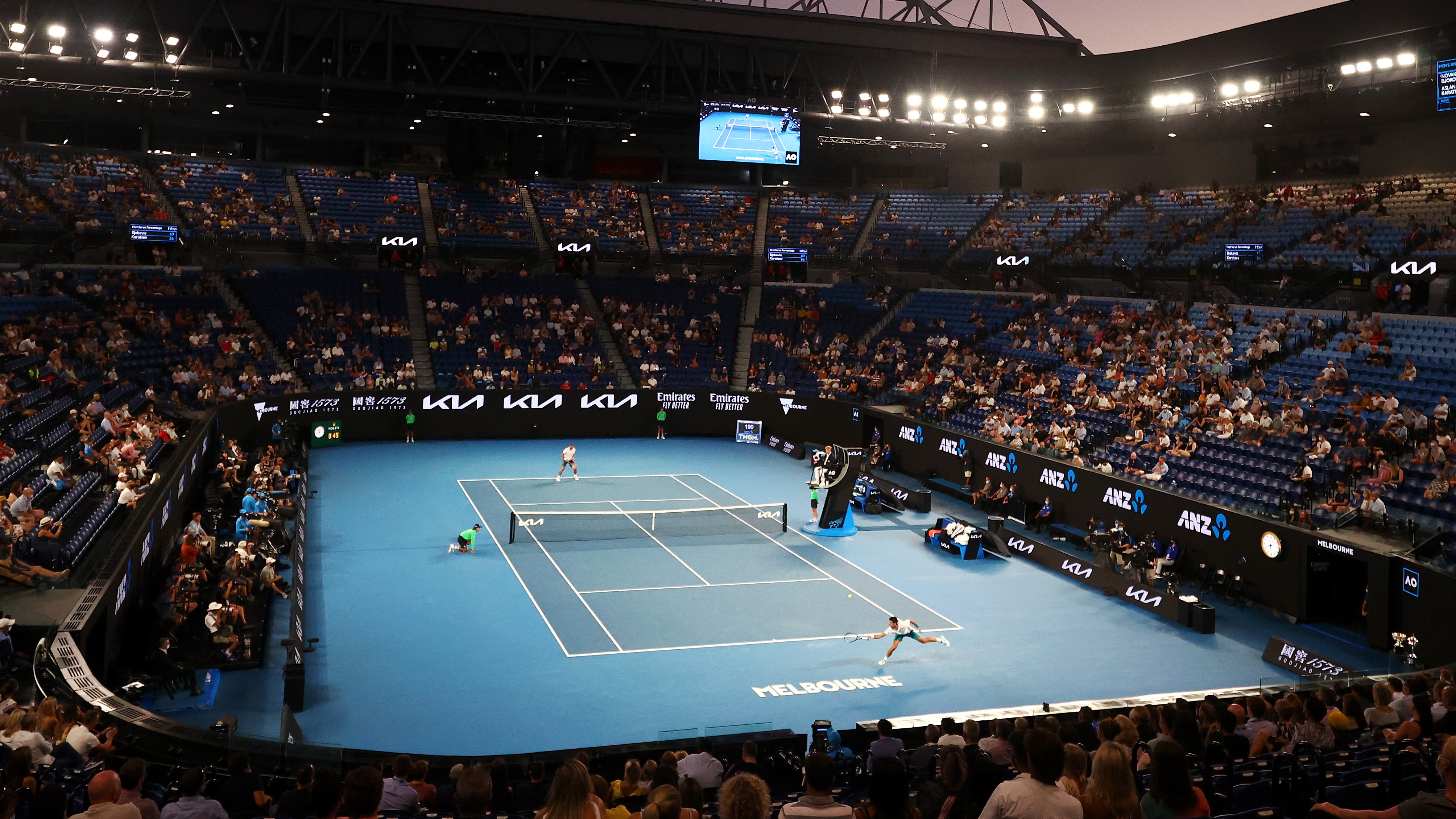How Melbourne became a case study for defeating coronavirus
Complex modelling and the world’s longest lockdown have paved way for return to near-normal life

A free daily email with the biggest news stories of the day – and the best features from TheWeek.com
You are now subscribed
Your newsletter sign-up was successful
As cities around the globe race to curb Covid through vaccine drives, Melbourne has followed a different route to get rid of the virus without jabs - and then stay infection free.
Australia as a whole has recorded relatively few coronavirus deaths and infections, with just under 29,000 cases and just over 900 related deaths, according to latest figures from John Hopkins University.
But the country’s third largest city stands out in providing “a real-time road map for democracies to manage the pandemic”, says The Washington Post. Melbourne “shows that success in containing the virus isn’t limited to East Asian states... or those with authoritarian leaders”.
The Week
Escape your echo chamber. Get the facts behind the news, plus analysis from multiple perspectives.

Sign up for The Week's Free Newsletters
From our morning news briefing to a weekly Good News Newsletter, get the best of The Week delivered directly to your inbox.
From our morning news briefing to a weekly Good News Newsletter, get the best of The Week delivered directly to your inbox.
At the start of the global pandemic, Australia quickly sealed its borders, a step initially eschewed in Europe. Australian health officials also rapidly built up systems to track and isolate outbreaks, with the nation’s states either shutting their domestic borders or severely limiting interstate movement.
In arguably the “most important” move of all, the paper adds, “leaders from across the ideological spectrum persuaded Australians to take the pandemic seriously early on and prepared them to give up civil liberties”.
That strategy has seen Melbourne become the jewel in Australia’s Covid-crown. The coastal capital of the southeastern state of Victoria implemented “one of the world’s longest lockdowns” that saw “virtually everything that wasn’t a grocery store or hospital closed for nearly four months”, CBC reports.
Experts at the University of Melbourne also deployed computer modelling “of mind-bending complexity” that “modelled 1,000 scenarios, such as teenagers returning to Melbourne schools on a given date, or what would happen if a particular industry re-opened on another date”, The Times reports.
A free daily email with the biggest news stories of the day – and the best features from TheWeek.com
The modelling team “even took into account how tired people were of lockdown and their financial worries”. Clinical psychologist Jason Thompson - the brains behind the planning - told the paper that this all-encompassing approach meant “we were able to show political leaders risks associated with decisions that lifted us out of restrictions too early”.
Melbourne is currently hosting the world’s best tennis players for the Australian Open after taking urgent action to prevent a fresh outbreak.
The city recently entered a five-day “snap lockdown” in response to “a cluster of 19 cases” that emerged after “a person working at a Melbourne hotel housing quarantined cases unknowingly caught the UK variant of the virus”, the BBC reports.
Following the end of that lockdown yesterday, life is again returning to near-normal in the city as the world watches - and looks to learn from the city’s example.
Chas Newkey-Burden has been part of The Week Digital team for more than a decade and a journalist for 25 years, starting out on the irreverent football weekly 90 Minutes, before moving to lifestyle magazines Loaded and Attitude. He was a columnist for The Big Issue and landed a world exclusive with David Beckham that became the weekly magazine’s bestselling issue. He now writes regularly for The Guardian, The Telegraph, The Independent, Metro, FourFourTwo and the i new site. He is also the author of a number of non-fiction books.
-
 Corruption: The spy sheikh and the president
Corruption: The spy sheikh and the presidentFeature Trump is at the center of another scandal
-
 Putin’s shadow war
Putin’s shadow warFeature The Kremlin is waging a campaign of sabotage and subversion against Ukraine’s allies in the West
-
 Media: Why did Bezos gut ‘The Washington Post’?
Media: Why did Bezos gut ‘The Washington Post’?Feature Possibilities include to curry favor with Trump or to try to end financial losses
-
 Epstein files topple law CEO, roil UK government
Epstein files topple law CEO, roil UK governmentSpeed Read Peter Mandelson, Britain’s former ambassador to the US, is caught up in the scandal
-
 Iran and US prepare to meet after skirmishes
Iran and US prepare to meet after skirmishesSpeed Read The incident comes amid heightened tensions in the Middle East
-
 Israel retrieves final hostage’s body from Gaza
Israel retrieves final hostage’s body from GazaSpeed Read The 24-year-old police officer was killed during the initial Hamas attack
-
 China’s Xi targets top general in growing purge
China’s Xi targets top general in growing purgeSpeed Read Zhang Youxia is being investigated over ‘grave violations’ of the law
-
 Panama and Canada are negotiating over a crucial copper mine
Panama and Canada are negotiating over a crucial copper mineIn the Spotlight Panama is set to make a final decision on the mine this summer
-
 Why Greenland’s natural resources are nearly impossible to mine
Why Greenland’s natural resources are nearly impossible to mineThe Explainer The country’s natural landscape makes the task extremely difficult
-
 Iran cuts internet as protests escalate
Iran cuts internet as protests escalateSpeed Reada Government buildings across the country have been set on fire
-
 US nabs ‘shadow’ tanker claimed by Russia
US nabs ‘shadow’ tanker claimed by RussiaSpeed Read The ship was one of two vessels seized by the US military